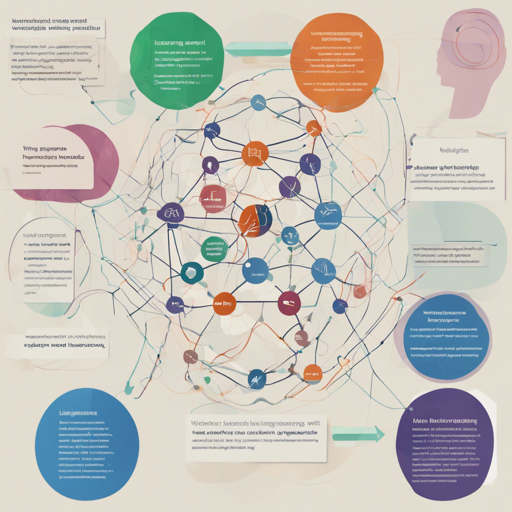Language models have revolutionized the way we approach problem-solving and reasoning. This blog aims to provide a user-friendly overview of “Reasoning with Language Model Prompting,” highlighting key papers, methodologies, and resources for those looking to navigate this complex topic.
Introduction
Reasoning is a crucial ability for tackling complex problems that require intelligent support. It plays a key role in various real-world applications like medical diagnosis and negotiation. This guide presents insights into cutting-edge research on reasoning with language model prompting, summarizing essential works and offering systematic resources for beginners.
Papers Overview
Here we will explore some of the significant papers in this field:
- Reasoning with Language Model Prompting: A Survey by Shuofei Qiao et al. (2022)
- Towards Reasoning in Large Language Models: A Survey by Jie Huang et al. (2022)
- A Survey of Deep Learning for Mathematical Reasoning by Pan Lu et al. (2022)
- A Survey for In-context Learning by Qingxiu Dong et al. (2022)
- Knowledge-enhanced Neural Machine Reasoning: A Review by Tanmoy Chowdhury et al. (2023)
Methods to Enhance Reasoning
The methodologies for reasoning enhancement can be complex, so let’s illustrate them through a fun analogy.
Imagine training a puppy to fetch a ball. If you throw the ball straight (single-stage prompting), the puppy might understand and run directly to it. However, if you set up multiple distractions (multi-stage prompting), you need a strategy to guide it through each stage. For instance, you may use treats (external engines) as rewards for each step of the process. Similarly, in language models, prompts guide reasoning, and models optimize responses progressively through various techniques (self-optimization, ensemble-optimization, and iterative-optimization).
Resources
Benchmarks and Tasks
Reasoning skills are assessed through various benchmarks, including:
- Arithmetic Reasoning: GSM8K, SVAMP
- Commonsense Reasoning: CommonsenseQA, ARC
- Logical Reasoning: ProofWriter, CLUTRR
Contributing to the Field
If you’re interested in contributing to the repository of research papers, consider adding new works or updating existing entries. Contributions enhance the consolidation of knowledge and insights within this evolving field.
Troubleshooting
As you delve into this intricate subject, you might encounter various challenges. Here are a few troubleshooting tips:
- If you find it difficult to grasp a particular paper, consider discussing it with peers or opening a conversation in research communities.
- Review the methodologies more closely; breaking them down into simpler components often reveals the underlying logic.
- Stay organized by maintaining a personal log of insights and queries—this helps clarify your understanding.
For more insights, updates, or to collaborate on AI development projects, stay connected with fxis.ai.
Conclusion
At fxis.ai, we believe that such advancements are crucial for the future of AI, as they enable more comprehensive and effective solutions. Our team is continually exploring new methodologies to push the envelope in artificial intelligence, ensuring that our clients benefit from the latest technological innovations.

